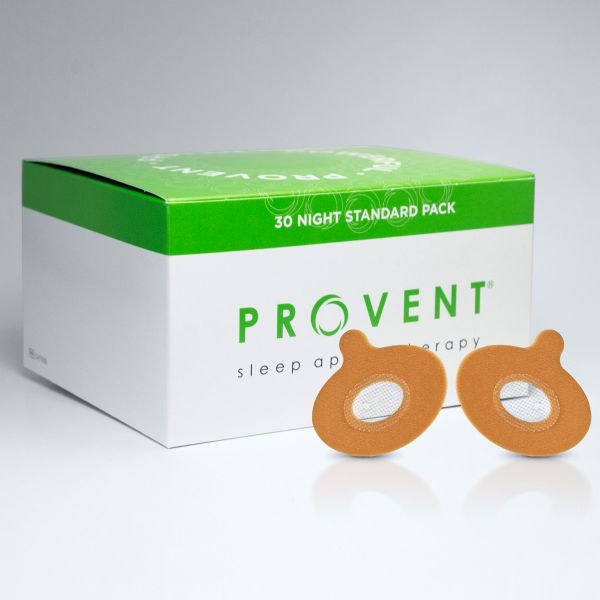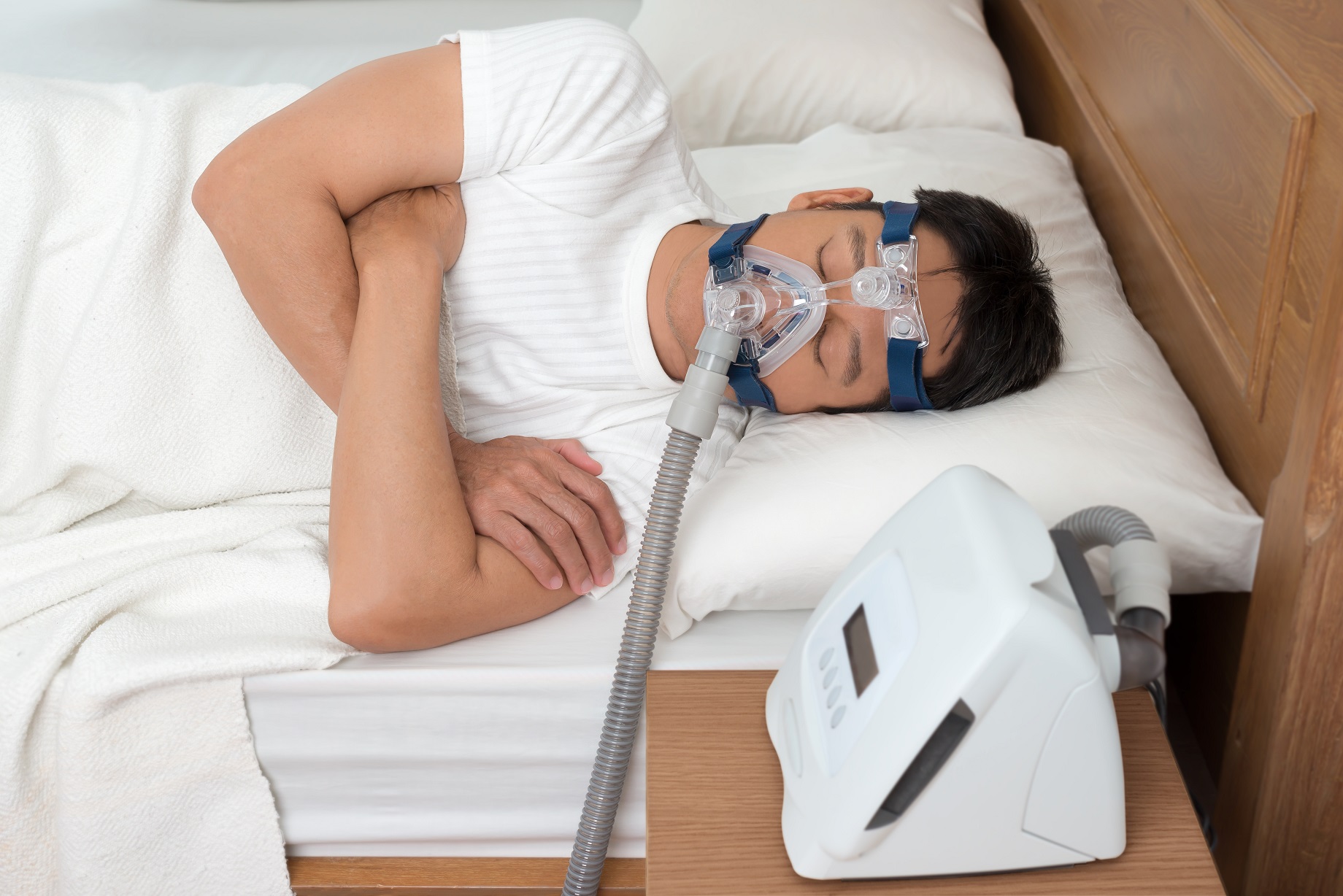Effective Therapy Solutions for Taking Care Of Sleep Disorders and Enhancing Relaxed Sleep
In the world of health care, the administration of rest disorders and the mission for peaceful rest are pivotal components of overall health. Reliable treatment solutions offer a complex strategy to deal with these obstacles, ranging from cognitive behavioral interventions to holistic practices that promote leisure and mindfulness. The exploration of different strategies, including the combination of medicine and light treatment, opens a realm of opportunities in the search of much better sleep top quality. As we browse the detailed landscape of rest disorders and look for to boost our rest experience, a much deeper understanding of these treatment remedies might hold the key to unlocking a much more relaxing and satisfying corrective trip.
Cognitive Behavior Modification for Sleeplessness (CBT-I)
Cognitive Behavior Treatment for Sleep Problems (CBT-I) is a structured, evidence-based therapy technique that concentrates on addressing the underlying elements adding to sleep disruptions. This kind of therapy intends to customize actions and thoughts that aggravate insomnia, inevitably advertising healthy and balanced rest patterns. CBT-I typically includes a number of essential parts, consisting of cognitive treatment, rest restriction, stimulus control, and rest health education.
Cognitive therapy assists individuals determine and change unfavorable idea patterns and beliefs regarding sleep that may be hindering their ability to drop or stay asleep. Rest limitation involves limiting the quantity of time spent in bed to match the person's real rest duration, therefore increasing sleep efficiency (cognitive behavioral therapy for insomnia (CBT-I)). Stimulus control methods assist develop a solid organization between the bed and rest by encouraging people to go to bed only when drowsy and to stay clear of participating in boosting activities in bed
In addition, sleep hygiene education and learning concentrates on establishing healthy rest practices, such as maintaining a regular rest schedule, developing a relaxing bedtime regimen, and enhancing the rest atmosphere. By addressing these factors comprehensively, CBT-I provides an efficient non-pharmacological intervention for handling sleeping disorders and enhancing total sleep top quality.
Sleep Hygiene Practices
Having actually established the foundation of cognitive restructuring and behavioral modifications in addressing sleeping disorders with Cognitive Behavioral Therapy for Sleeplessness (CBT-I), the emphasis currently moves in the direction of checking out necessary Sleep Hygiene Practices for preserving ideal rest high quality and general health.
Rest hygiene practices include a variety of routines and environmental variables that can dramatically impact one's capacity to sleep and stay asleep throughout the evening. Regular rest and wake times, producing a relaxing bedtime routine, and enhancing the rest environment by keeping it dark, quiet, and cool are critical components of good rest hygiene. Restricting exposure to displays prior to bedtime, preventing stimulants like caffeine near to going to bed, and involving in routine exercise throughout the day can likewise promote much better sleep top quality.
In addition, practicing relaxation techniques such as deep breathing exercises or reflection before bed can assist relax the mind and prepare the body for sleep. By integrating these sleep hygiene practices right into one's daily routine, people can establish a healthy and balanced rest pattern that supports restful rest and total wellness.
Leisure Techniques and Mindfulness
Executing leisure methods and mindfulness practices can play a pivotal function in promoting a sense of tranquility and advertising quality rest. cognitive behavioral therapy for insomnia (CBT-I). These methods aim to peaceful the mind, lower anxiety, and create an ideal setting for peaceful rest. One widely practiced technique is deep breathing exercises, where people focus on sluggish, deep breaths to unwind the body and mind. Modern muscular tissue relaxation includes tensing and afterwards launching each muscle group, advertising physical relaxation. Additionally, led images can aid transport people to a peaceful location in their minds, helping in stress decrease and boosting sleep quality.
Mindfulness techniques, such as reflection and yoga exercise, are also reliable in promoting relaxation and enhancing rest. Mindfulness encourages people to remain present in the minute, letting go of stress over the past or future. By including these techniques right into a going to bed routine, people can signal to their bodies that it is time to relax and prepare for rest. Overall, incorporating leisure strategies and mindfulness techniques can considerably contribute to managing rest disorders and improving general sleep high quality.

Medication Options for Rest Disorders
After exploring leisure strategies and mindfulness techniques as non-pharmacological interventions for boosting rest top quality, it is necessary to take into consideration medicine choices for individuals with rest problems. In situations where way of living modifications and therapy do not give adequate alleviation, medication can be an important device in taking care of sleep disturbances.
Generally recommended drugs for rest problems consist of benzodiazepines, non-benzodiazepine hypnotics, antidepressants, and melatonin receptor agonists. Benzodiazepines, such as diazepam, are sedatives that can aid induce sleep, however they are usually recommended for temporary usage as a result of the risk of dependence. Non-benzodiazepine hypnotics like zolpidem are additionally utilized to deal with insomnia and have a reduced risk of dependancy compared to her comment is here benzodiazepines. Antidepressants, such as trazodone, can be advantageous for people with co-occurring clinical depression and rest disruptions. Melatonin receptor agonists, like ramelteon, target the body's all-natural sleep-wake cycle and can be helpful for controling rest patterns.
It is important for individuals to seek advice from a doctor to figure out the most suitable drug option based on their particular sleep condition and medical history.
Light Therapy for Circadian Rhythm Guideline
Light therapy, also known as photo-therapy, is a non-invasive treatment technique made use of to control circadian rhythms and enhance sleep-wake cycles. This treatment includes direct exposure to brilliant light that resembles natural sunshine, which helps to reset the body's body clock. By revealing people to specific wavelengths of light, typically in the early morning or evening depending on the wanted impact, light therapy can properly readjust the body clock to advertise wakefulness throughout the day and improve restful sleep in the evening.
Research has actually shown that light therapy can be especially useful for people with body clock disorders, such as delayed sleep stage syndrome or jet lag. It can additionally be handy for those experiencing seasonal affective problem (SAD), a type of anxiety that commonly takes place during the winter season when natural light direct exposure is reduced. Light therapy is typically well-tolerated and can be utilized in conjunction with other treatment techniques for sleep disorders to optimize results and boost total sleep high quality.
Conclusion
In final thought, reliable treatment solutions for taking care of sleep problems and enhancing peaceful sleep include Cognitive Behavior modification for Sleeplessness (CBT-I), sleep health practices, leisure methods and mindfulness, medication alternatives, and light therapy for body clock regulation. These approaches can help people enhance their rest high quality and overall health. It is very important to speak with a doctor to determine one of the most suitable method for addressing sleep concerns.
As we navigate the elaborate landscape of rest disorders and seek to boost our rest experience, a deeper understanding of these therapy options might hold the key to opening a much more rejuvenating and satisfying restorative journey.
Sleep restriction involves limiting the amount of time invested in bed to match the person's real rest period, therefore increasing sleep performance. Regular sleep and wake times, producing a relaxing bedtime regimen, and view it now maximizing the sleep atmosphere by keeping it dark, silent, and cool are vital parts of excellent sleep health. Light treatment is typically well-tolerated and can be used in combination with other therapy methods for sleep problems to optimize results and enhance overall sleep high quality.

Comments on “Experienced Insomnia Specialist - Personalized Care for Better Sleep”